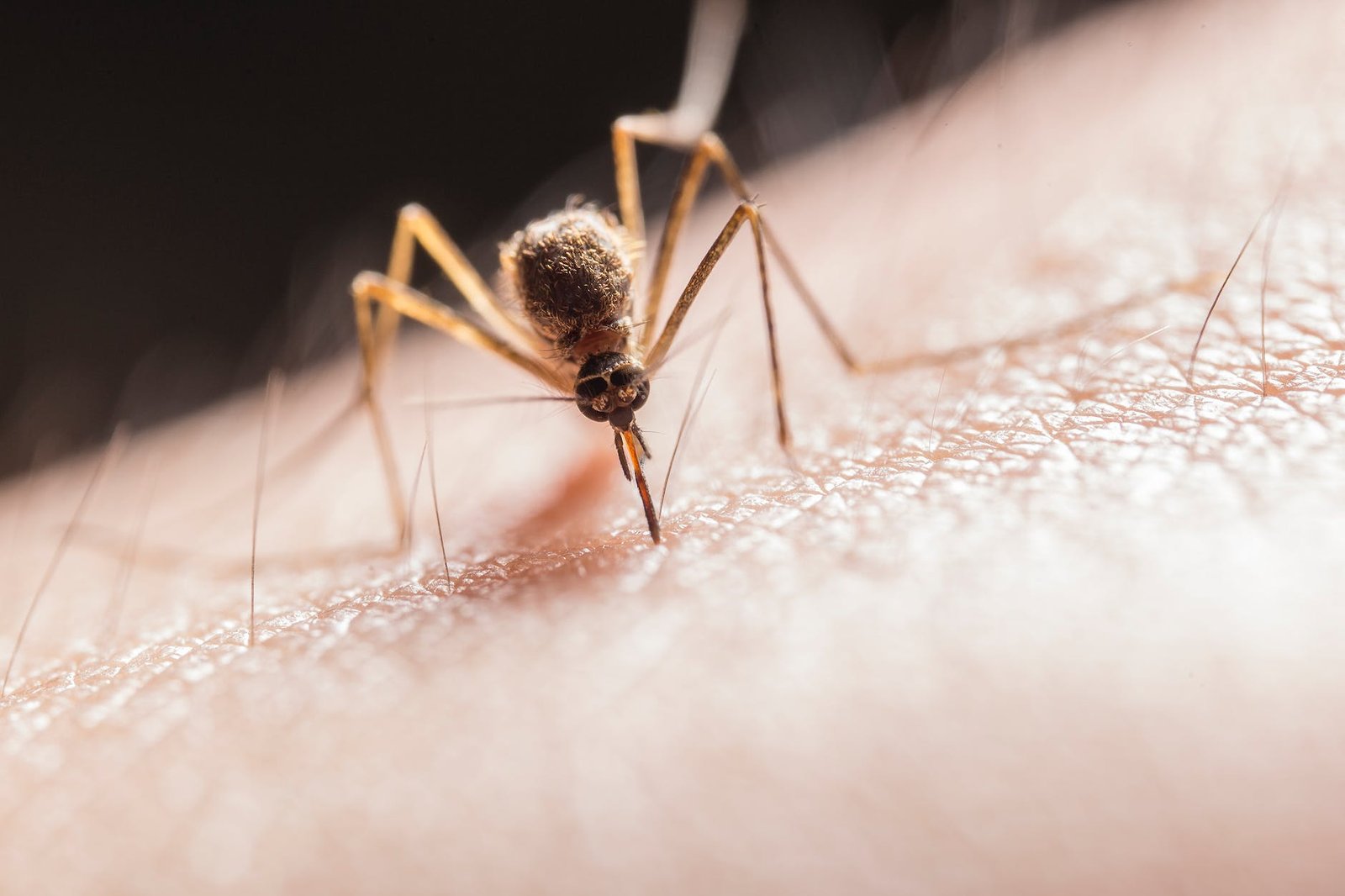The World Health Organization’s (WHO) latest malaria report underscores the escalating threat posed by climate change to global efforts in malaria control. In 2022, an alarming 249 million malaria cases were reported worldwide, surpassing pre-pandemic levels by 16 million cases. Despite strides in preventive measures like insecticide-treated nets and medications, the global malaria response confronts an array of challenges, including climate change impacts.

Climate change, as highlighted in the report, directly influences the behaviour and survival of the malaria-carrying Anopheles mosquito.
Trends in the global malaria burden and response
WHO Director-General, Dr Tedros Adhanom Ghebreyesus, emphasizes the substantial risk climate change poses to malaria progress, particularly in vulnerable regions. Climate variability indirectly affects malaria trends by disrupting essential services and supply chains, hindering access to insecticide-treated nets, medicines, and vaccines. Population displacement due to climate-induced factors further elevates malaria risk as individuals lacking immunity migrate to endemic areas.
The COVID-19 pandemic worsened the situation, disrupting malaria services and causing a surge in incidence and mortality rates. Globally, an additional five million malaria cases were reported in 2022, with Pakistan experiencing the largest increase. Progress in the 11 high-burden countries, crucial to the WHO’s global malaria strategy, is off track for the 2025 milestones.
Grounds for optimism
Despite these challenges, the report offers glimpses of optimism. The phased roll-out of the first WHO-recommended malaria vaccine in three African countries showed a substantial reduction in severe malaria and a 13% drop in early childhood deaths.
While 34 countries reported fewer than 1000 cases in 2022, signalling progress toward malaria elimination, urgent action is imperative. A significant pivot in the fight against malaria demands increased resources, political commitment, data-driven strategies, and innovative tools. Innovation should prioritize the development of more efficient, effective, and affordable products.

Crucially, the compounding threat of climate change necessitates sustainable and resilient malaria responses aligned with broader efforts to mitigate climate impacts. The report underscores the need for whole-of-society engagement to build integrated approaches, emphasizing that the time for decisive action is now.







